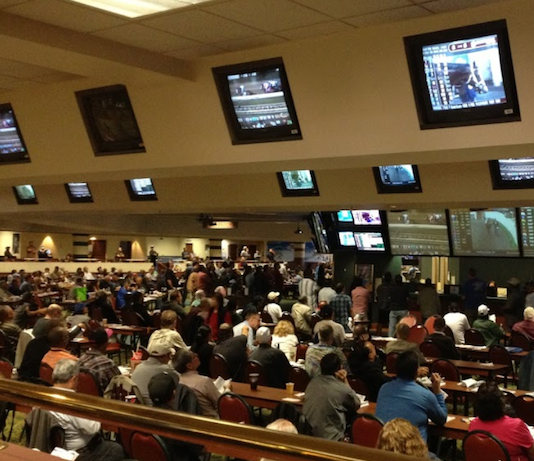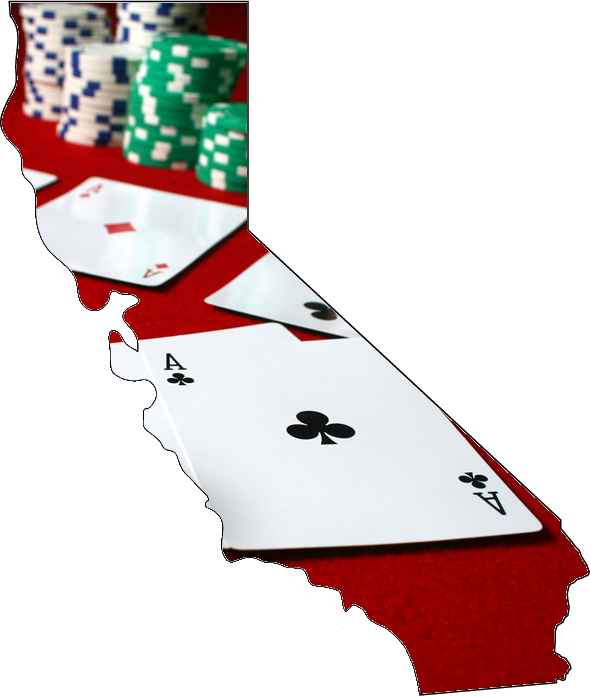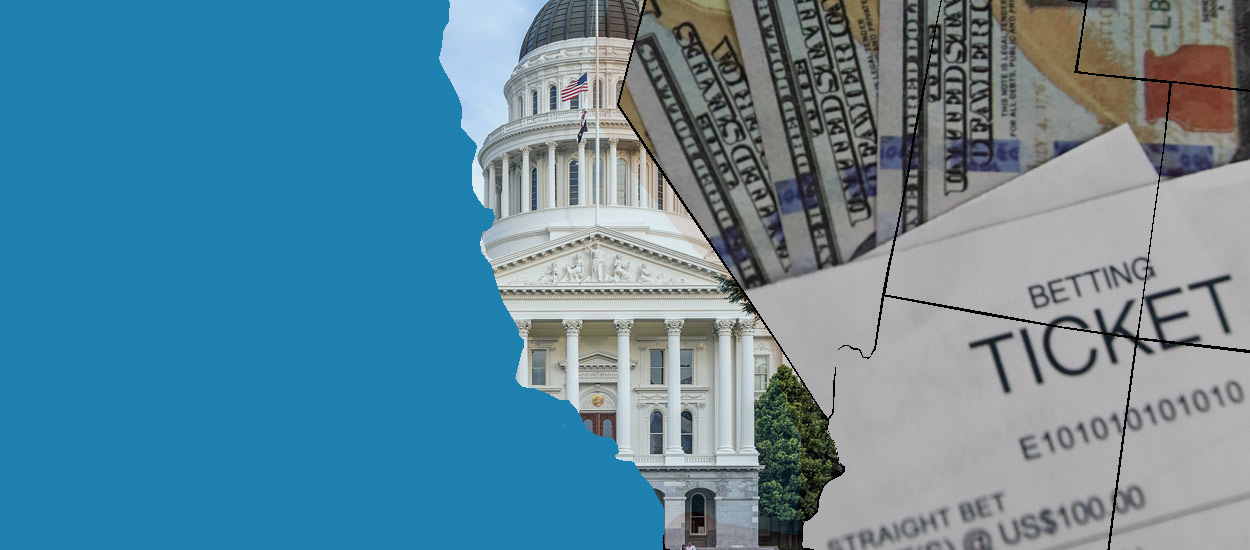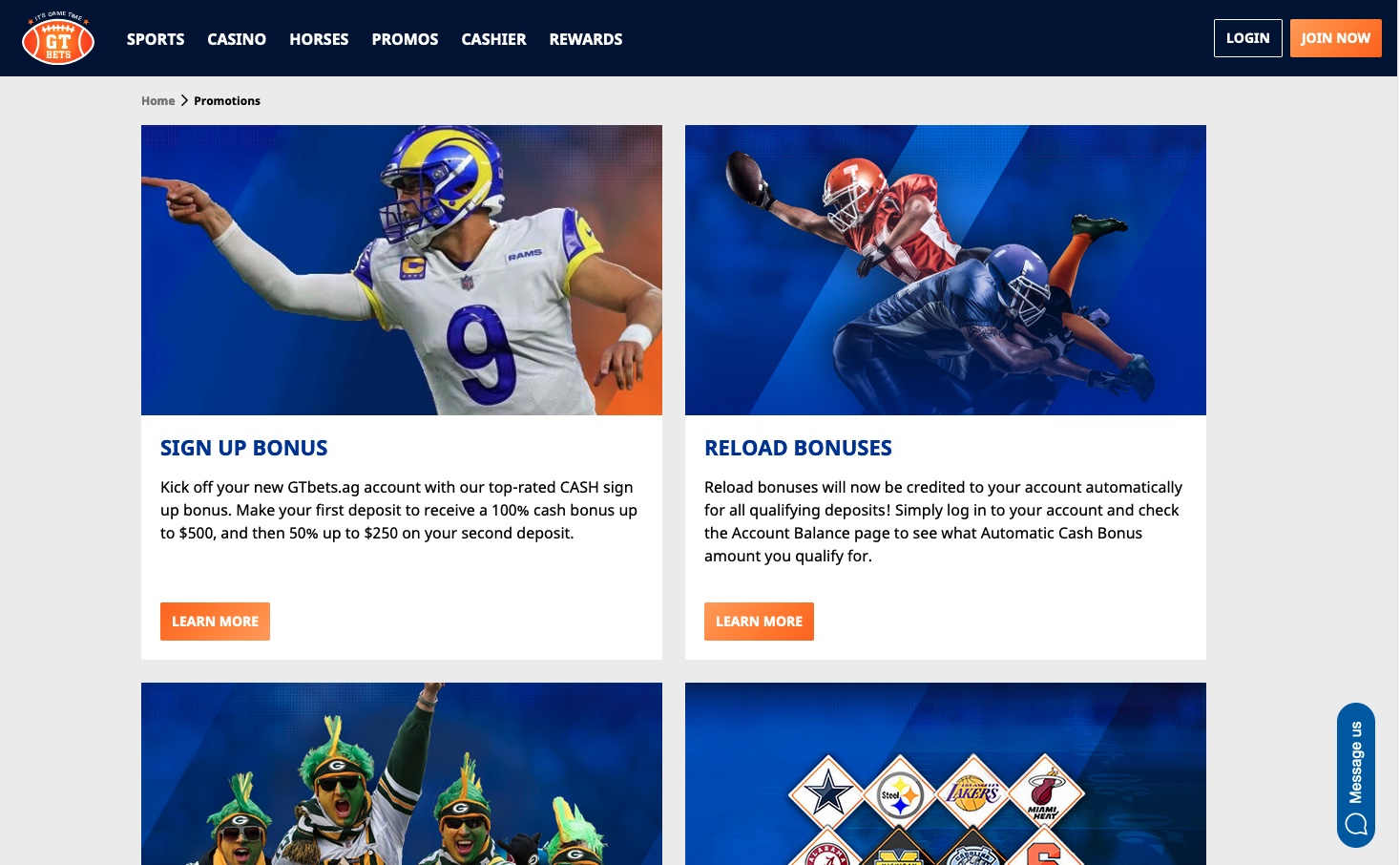California can't come to an agreement on poker or online gambling, but a referendum for sports betting may be on the ballot in 2020
A new bill, the California Sports Wagering Regulation and Unlawful Gambling Enforcement Act, has been proposed by 18 California tribal nations that would allow sports betting to take place at the state tribal casinos and licensed state racetracks. The bill excludes mobile betting (so all bets must be made at the casino or racetrack in person) and it disallows wagering on high school sports and on any games involving California teams.
The bill is set to be put to a referendum in the 2020 elections, and if it is passed in the referendum, the plan is to give 10% of gross profits to mental health programs, education programs and to cover regulatory costs. The state would also get a portion of the revenue, as of course, would the operators. As well, a California sports wagering fund would be created where 15% of the fund would go to addiction services, 15% to the DoJ and 70% to general revenue. The caveat is that the revenue from that fund would be obtained from the collection of fines levied against illegal and unlicensed sports betting companies who are caught offering sports betting.
Offshore gambling is not specifically mentioned but unless the DoJ takes a new stance to once again target offshore operators, they won’t get much revenue that way. It appears that the tribes and racetracks believe there will be a lot of operators such as cardrooms trying to offer sports betting and of course there is always the underground bookies. Although not specifically stated the DoJ has almost certainly been given a large share of the revenue to provide an incentive for them to seek out illegal operators.
Racetracks to offer sports betting The inclusion of the horse racing industry in the bill is interesting since the tribes have always contended they would only agree to expanded gambling that is on tribal lands only, plus the tribes and California horse racing industry have been at odds in the past. But people close to the situation whom I spoke to say the tribes know full well there is no way the bill would get off the ground if the horse racing industry is left out.
The inclusion of the horse racing industry in the bill is interesting since the tribes have always contended they would only agree to expanded gambling that is on tribal lands only, plus the tribes and California horse racing industry have been at odds in the past. But people close to the situation whom I spoke to say the tribes know full well there is no way the bill would get off the ground if the horse racing industry is left out.
The Stronach group said from the beginning that sports betting is a logical extension of horse racing and if it the product was ever legalized, they expected to be running the show. And the state Assembly is filled with horse racing industry proponents who would certainly vote against any initiative on sports betting that solely benefitted the tribe. At the same time, it’s unclear if the racetracks will agree to the exclusion of online betting. One concern about the bill that the racing industry almost certainly will want to consider is the ban on mobile betting. Most bets on California racing is done off track or at sites like TVG, Xpressbet, Twin Spires and others and the racing industry seems to be anxious to allow exchange wagering which many deem is the future of sports betting. So, forcing people to come to the track to wager on sports may hurt potential revenues. For the tribes, all betting is done in person at the land-based casinos, so the lack of mobile options does not hold the same contentiousness.
Long standing feud between cardrooms and tribal interests
Mobile betting aside, the biggest pitfall to the sports betting bill is almost certainly the exclusion of the cardrooms from the equation. The negative feelings between the tribes and the cardrooms goes way back. Poker has been legal in California for as long as one can recall, but cardroom regulations were only enacted in 1984. Clubs like the Bicycle Club Casino and Hollywood Casino have been offering poker but have in recent years started offering house banked card games as well. Unlike banked card games like blackjack where the player bets against the house, in house banked card games, one of the players at the table or a designated third-party person acts as the bank. So, in theory players are not wagering against the house, but rather against another player at the table. While it is legal under the law, the tribes contend that this is just window dressing and house banked card games exactly the same as banked card games which is illegal under California law, since the compact signed under the IGRA in 1988 gives the tribes exclusive rights to all casino games.  The cardrooms, however, have been unapologetic or willing to make any changes and believe the state had no real right to give exclusive casino rights to the tribes. Most cardroom owners believe casino wagering should be open to all who bid for it and reject the compact. Similarly, it has been reported that many tribal leaders feel that poker is really a casino game and believe that under the IGRA the cardrooms should be shut down altogether and tribal casinos should get exclusive rights to offer poker.
The cardrooms, however, have been unapologetic or willing to make any changes and believe the state had no real right to give exclusive casino rights to the tribes. Most cardroom owners believe casino wagering should be open to all who bid for it and reject the compact. Similarly, it has been reported that many tribal leaders feel that poker is really a casino game and believe that under the IGRA the cardrooms should be shut down altogether and tribal casinos should get exclusive rights to offer poker.
State government split
These feelings are also reflected in the California government. There is a split in the state Assembly between members who feel the IGRA compact is in the best interest of the state and must be upheld to the letter of the law under any cost and there are those such as Assemblyman Adam Gray who believe the state has been short changed in revenue under the compact and that Californians would be far better represented by an open market, where public companies could compete to run casinos alongside the tribes. There is also an argument between many in the government, who believe they are being ripped off under the compact and tribes, who believe they are paying the government too much. If this sounds familiar, it is almost the exact same situation that has taken place in Florida and New York where the tribes and government are fighting over exclusivity rights, the terms of the compact (in New York the Seneca Indians even tried to argue they owe the state no portion of gambling revenue) and what games should be allowed at racetrack casinos. The contentious issue regarding house banked card games in Tampa Bay also went before the courts in Florida and in that instance the tribes won.
As far as horse racing goes, it seems the tribes and horse racing industry have agreed it is in both their interests not to fight each other. For years the two entities have been somewhat antagonistic since many racetracks wanted the ability to offer casinos at the tracks to help bolster horse racing attendance and revenue, while the tribes have opposed it consistently. And the tracks and cardrooms also have not been on the friendliest terms. That antagonism has been partially to blame for the fact California has yet to offer online poker.
Disagreements over who should benefit from online poker revenue led to the racing industry opposing attempts from the tribes and cardrooms to offer online poker, however, the racetracks have backed off and agreed not to pursue casinos or poker in exchange for a portion of the online poker revenue that would be generated at other locations if a law were ever passed. That new friendship between the tribes and racing industry is reflected by the tribes including the racetracks in the sports betting law. But the cardrooms are another matter.
One analyst I spoke to said that the tribes and cardrooms dislike each other so much that the tribes would "rather starve than agree to a deal where the cardrooms get a piece of the pie." The fact that the cardrooms are mostly owned by Larry Flynt, who most of the tribes deem to be a man of bad character doesn’t help the issue either. Asked what could possibly get the tribes to change their mind, the answer was "nothing". It seems that is why the California sports wagering fund was announced. The tribes believe that if the referendum passes, some cardrooms will try to skirt the rules again and find a way to offer sports betting and they wanted a concrete rule to fine them. And with the DoJ and government having some skin in the game they will almost certainly look to charge and fine them. There are also suggestions that the DoJ may fine the cardrooms for offering house banked card games and though the courts so far have indicated the house banked card games are legal, the tribes are hoping enough pressure by the DoJ will change the courts opinion.
So, Californians will decide in a referendum in 2020 whether to allow sports betting. It seems very likely that the citizens will approve the bill and just because it passes doesn't mean it will be enacted immediately. The fight over online poker is proof of that. The question is can the tribes, racetracks, cardrooms and government set their differences aside and agree to a new sports betting law that will actually benefit all parties?
I'll believe it when I see it.
Read insights from Hartley Henderson every week here at OSGA and check out Hartley's RUMOR MILL!







































